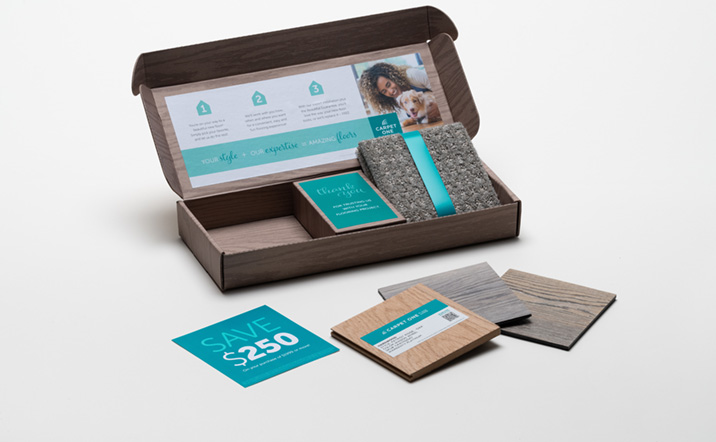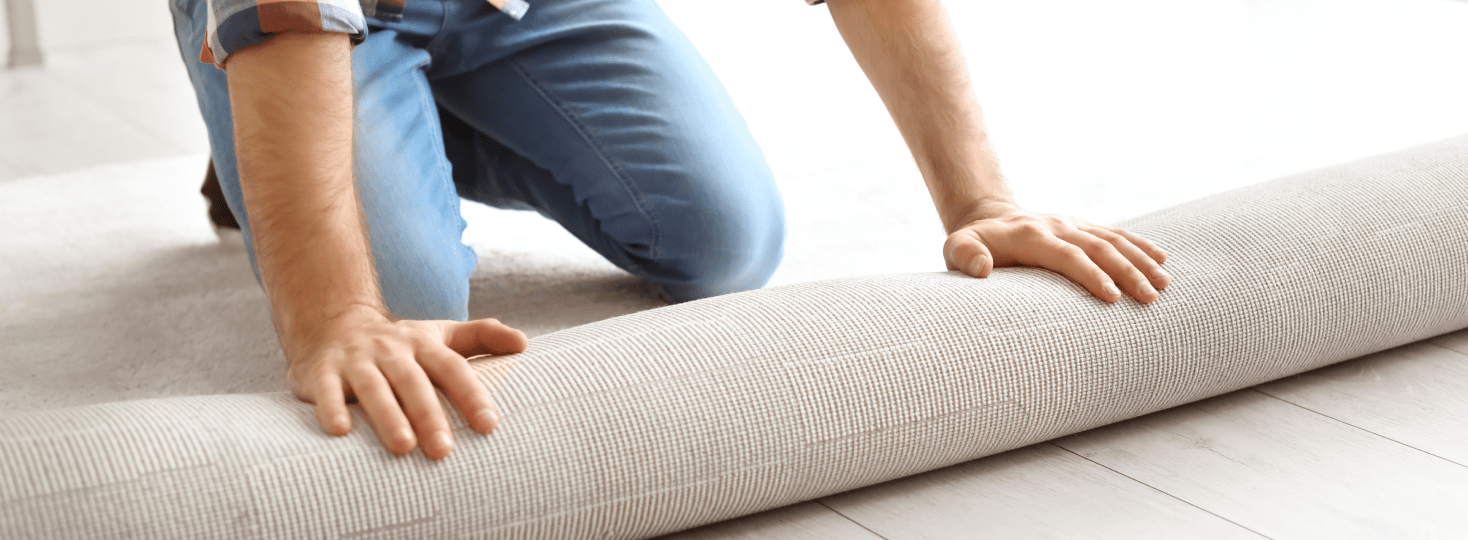
SHOP ALL TILE
Stong and stunning, tile is a classic option known for durability and beauty.

Stong and stunning, tile is a classic option known for durability and beauty.

Our designers share tips and top trends for every season. Discover your next home project with the help of our blog.

Get up to six samples delivered to your door.

Looking for a timeless yet durable floor that compliments your home's design while holding up to your chaotic household? Tile flooring is the perfect material thanks to its density, durability, and versatility. It's easy to care for and available in every shape, pattern, and color you can imagine.
You might already be familiar with the two main types of floor tiles, porcelain, and ceramic. But did you know that they’re so durable, they’re often used in outdoor settings? Both are clay tiles that provide impressive support for heavy traffic and have similar installation requirements. Plus, they repel water and are perfect for bathrooms, kitchens, and other high-moisture spaces.
Whether porcelain or ceramic, tile floors can bridge the gap between aesthetic beauty and practical durability. The strong construction of both types of floor tiles leads to years of graceful, worry-free wear. The hardest part may be deciding what look you'd like for your interior.
There's more to ceramic and porcelain floor tiles than the neutral-hued basics we commonly see. Both types come in an array of shapes and sizes, from realistic, wood-like planks to hexagons and oversized rectangles. You can easily find a floor tile that meets your design vision, whether that's a solid hue, unique pattern, or replica of a particular wood species or natural stone.
Tile flooring provides a tough, durable surface despite its delicate look. Both porcelain and ceramic tiles are extremely durable options, resisting scratches and the stress of the daily bustle of an active household.
Ceramic and porcelain tiles require properly installed and sealed grout to fully resist water seeping down to the subfloor. Regularly sweep or vacuum your tile floors with a soft brush attachment and occasionally use a mop or sponge for a deeper clean. Check with the manufacturer for care instructions specific to the floor tiles you install.
With proper installation and care, porcelain flooring tiles can last decades, as can ceramic tile floors. For both types of tile, well-sealed grouting is imperative for long life, but that's not the only factor. The longevity of your floor tiles will also depend on:
Before you make your final decision, make sure to ask about the warranty provided. High-quality warranty protection will ensure your new investment serves you well as long as possible.
Tile installation of any kind can be a labor-intensive process. Ceramic and porcelain tile flooring both adhere to the subfloor with glue, and the surrounding joints are filled with grout. Our professional installation team has the skill set, tools, and years of experience to complete the job efficiently and properly.
One thing to consider when looking at porcelain tiles is their weight. Generally, the weight of porcelain tile requires a sturdy and smooth subfloor, like a plywood underlayment or concrete slab, so it's rarely used in a home's upper levels.
The cost of tile flooring largely depends on the type of tile you choose, where you're installing it, and who's tackling the installation. Higher-end and larger-sized tile products can cost more than standard floor tiles, and the area of the space you're tiling will determine how much product you need and how long the job will take. Professional installers generally base their quote on the square footage, so installing one area of bathroom tile flooring, for instance, will be lower cost than open-floor plan living and kitchen floor tile.
Tile flooring offers clear advantages, including:
On the other hand, tile floors do have some disadvantages:
Both porcelain and ceramic floor tiles make perfect flooring options for busy areas in your house. In fact, they're often mistaken for each other since they can look similar and are both made of clay. The main distinction between the two is their construction. Porcelain is made of a finer, purer clay mix that's fired at a high temperature, making them dense. Both can be used in the same applications and locations, including kitchens, bathrooms, and mudrooms, among others.
Ceramic tile is the better option for most wall tile needs. Kitchen backsplashes, accent walls, and bathroom showers can benefit from this less heavy but still waterproof option. Just ensure that the ceramic tile you choose is clearly identified as suitable for water.
Wall tile is easy to clean and long-lasting, which explains its common use in kitchen backsplashes, accent walls, and shower and bath surrounds. There are many tiles, designs, and styles to choose from! A Carpet One expert can help ensure you find a gorgeous tile that needs the needs of your particular installation.
The best kind of floor tiles depends on the job at hand. If you want a consistent look throughout several rooms, including high-moisture spaces like bathrooms or the kitchen, go with either waterproof porcelain or ceramic floor tiles.
Tile and vinyl are two excellent choices for wet areas around your house, like your kitchen, mud room, and bathroom floors. Both flooring options can replicate wood and natural looks, plus they both excel in busy homes with kids, pets, and constant foot traffic.
Floor tiles can be used on walls, but not the other way around —wall tiles shouldn’t be used as flooring. Thinner, lighter wall tiles aren't durable enough to handle the weight and pressure of foot traffic.
You'll find both types of tile flooring used as kitchen flooring since they're resilient and easy to clean. Their strong surface can easily stand up to your culinary experiments, especially if your sous chefs are prone to making a mess.
Bathroom floor tile is available in both porcelain and ceramic materials, and a flooring expert can help you identify specific products that are best suited for your use. The good news is that whatever you choose will be cost-effective, low maintenance, and durable, so you can spend less time mopping up your kid’s bathtime and focus more on what matters most: them!
Porcelain! Shower floors see a lot of moisture, making a waterproof flooring option like porcelain tile the best option. It's not only safer than ceramic thanks to its low absorption rate but it's also a little easier to clean.